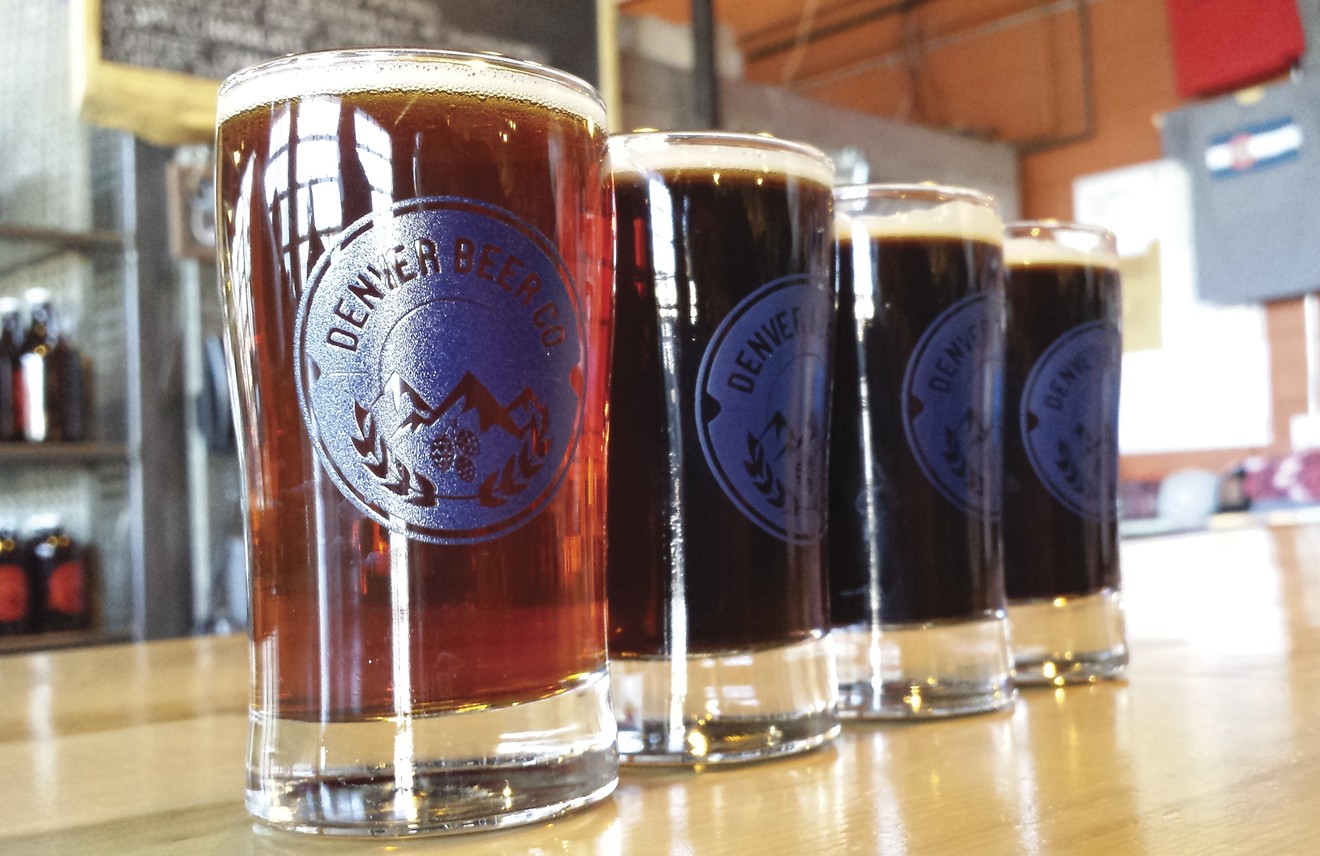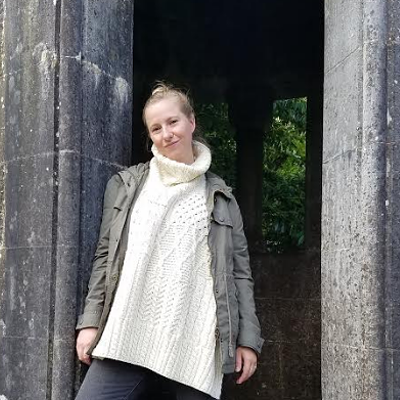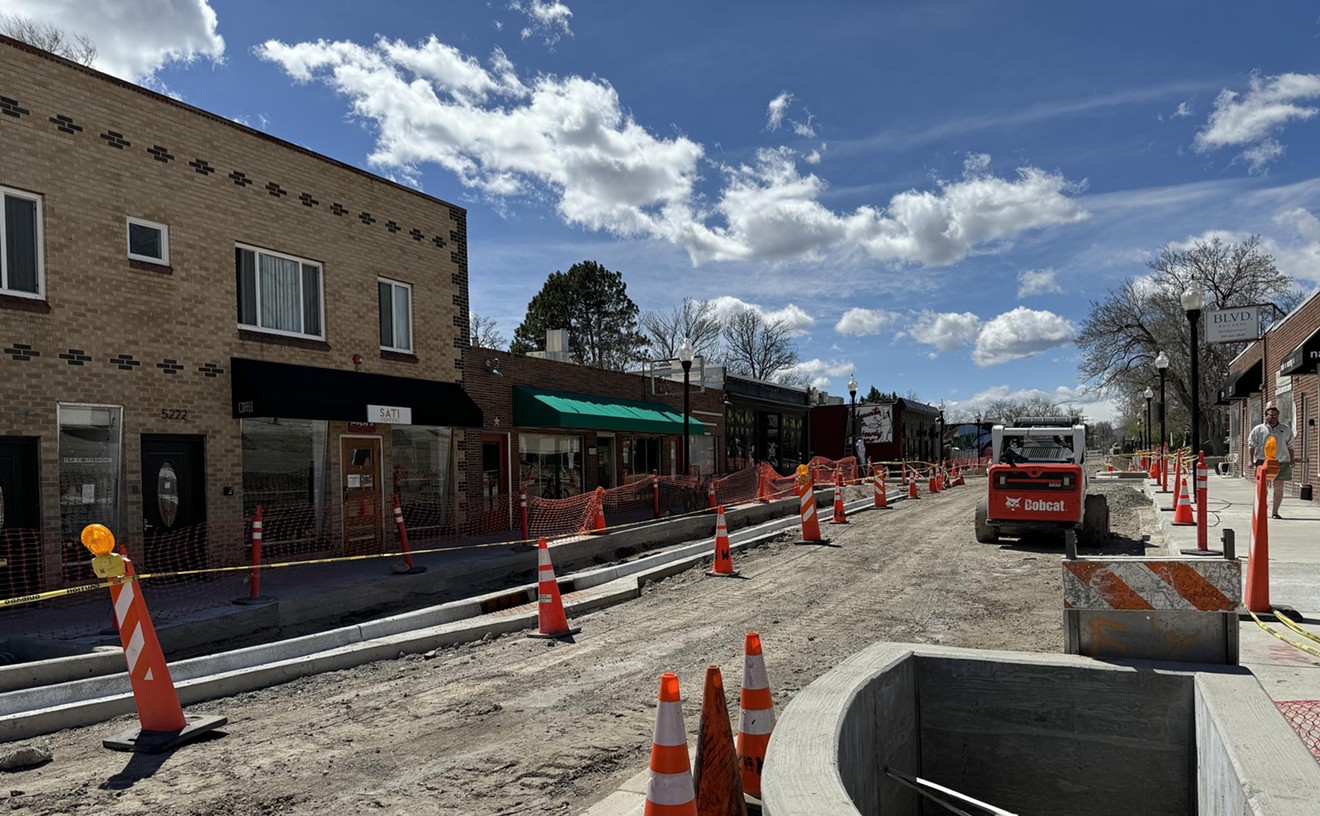It’s no secret that people in Colorado love to try and purchase locally made goods, be they wares, food or booze. Especially booze. Why else would the state have such a burgeoning beer, wine and spirits scene? Every year the number of craft breweries, distilleries and wineries grows, adding to the reasons to drink in the Centennial State. From liquor spiked with Palisade peaches to beer laced with home-grown chiles to spunky ciders and award-winning wine, now is the time to toast with a glass of something strong and Colorado-made. Here’s an overview of the various industries.
Craft Beer
Today Colorado is known for good small-batch beer and mom-and-pop breweries, but it wasn’t always this way. Rocky Mountain Brewery, the first true craft operation, opened in 1859, when Denver was a tiny town serving the busy gold fields. Adolph Coors came on the scene fourteen years later with a winning pilsner recipe and his-soon-to-be-famous name. While that was the start of the state’s beer industry, the Colorado Legislature’s passage of HR 1337 in 1978 made it possible for people to legally make and sell beer on a smaller scale. The Boulder Beer Company was first in line and started selling its craft beer in 1979. The Wynkoop Brewing Company arrived in Denver nine years later.
Since then, the industry has exploded. According to the Boulder-based Brewers Association, a national organization pushing independent brewers, Colorado boasted 334 craft breweries in 2016, the second-largest number in the entire country. That same year, New Belgium Brewing topped the chart for independent breweries in size, producing 957,969 barrels; Oskar Blues Brewery in Longmont, the second-largest craft brewer, made less than a quarter of that. Today the economic impact of the state’s craft-beer scene is estimated at $1.7 billion, and it continues to grow, with new craft brewers popping up every month in Denver.
Wine
Although you might not think about wine being made in Colorado, the state currently boasts 145 wineries. On average, production and sales of local wine in Colorado have grown 15 percent each year since 1992. The state has two federally designated American Viticultural Areas, or AVAs: in Mesa County, in the Grand Valley along the Colorado River between Palisade and Grand Junction; and in Delta County, in the West Elks along the North Fork of the Gunnison River between Paonia and Hotchkiss. The top grapes grown in this state are riesling and merlot, with cabernet sauvignon a close third. One unique aspect of Colorado’s wine operations is the elevation: Most of the vines are grown at 4,000 to 7,000 feet above sea level, making them the highest in the country.
The state’s wine industry got its start in the Grand Valley more than a century ago, thanks in part to then-governor George A. Crawford, who saw the possibilities and planted sixty acres of wine grapes along the Colorado River. By the end of the 1800s, the area was producing about 1,700 gallons of wine annually, a number that grew as more farmers and vintners took to planting grapes. Today the Colorado Wine Board touts a state industry that produced 166,000 cases of wine in 2016, with Colorado Cellars in Palisade in the lead. Other popular operations include Two Rivers Winery in Grand Junction, Bookcliff Vineyards out of Boulder and Fox Fire Farms in Ignacio. Denver boasts several urban wineries, such as Kingman Estates Winery, Infinite Monkey Theorem, Balistreri Vineyards and Bonacquisti Wine Company. And, of course, you can buy the fruits of Colorado vintners’ labors at many local liquor stores.
Cider
Craft hard cider may be the smallest and newest of Colorado’s liquid-asset industries, but the people who make the stuff do it well. For example, for C Squared Ciders in Denver, founder Charles Andrew Brown brought twenty years of experience as a brewer into the mix, which has helped him create some stellar drinks using ginger and lavender. The other large cider producer in the state is the Colorado Cider Company, which opened in 2011 and makes Glider Cider and an award-winning hopped variety called Grasshop-ah.
Today the state has sixteen main producers of cider, including New Avalon Grower Ciders out of Jack Rabbit Hill Farm in Hotchkiss, Climb Harder Cider in Loveland, and Wild Cider in Firestone. As with the craft-beer industry, cider makers in Colorado have been playing with their recipes. At Denver’s Stem Ciders, you can find a coffee-laced cider and one made with crab apples; at Colorado Common Hard Cider in Colorado Springs, the vegan drinks are enhanced with elderflower, rose hips and hops.
Distilleries
Over the past decade, dozens of distilleries have opened in Colorado, and many more are on the way. You can find them stacking up in the city, pouring in the mountains and fueling drinkers on the plains. There are now over eighty craft distilleries in the state, with Longtucky Spirits in Longmont and Big Fat Pastor Spirits in Loveland joining the lineup this year. Denver is about to get more distillers, too: The Family Jones in Sunnyside (an outpost of another new Loveland distillery), Ironton Distillery in RiNo, and Archetype Distillery in the iconic Kitty’s South building on South Broadway. The stuff coming out of these operations tastes good, too. Distillery 291 in Colorado Springs, a Best of Denver 2017 winner, produces whiskey that’s smooth, flavorful and as good as anything coming out of the South.
Like many other Centennial State purveyors, distillers in the area take pride in using local ingredients. Syntax Spirits in Greeley highlights its “pure Colorado whitewater,” as well as other close-to-home components. Leopold Bros., which relocated from Michigan to Denver more than a decade ago, today sources Colorado grains for many of its bottles, including the newly released Abruzzi Rye, which is made with a little-known heritage variety. Leopold also employs Palisade peaches to make a superb whiskey and a liqueur. At Woody Creek Distillers in Basalt, the potato is king: The spirit is produced the same day the tubers are harvested. And that’s just the tip of the artisan ice cube: As more people move into the state, the thirst for local spirits continues to increase.
Many bars specialize in cocktails that rely on these Colorado spirits; the Colorado Distillers Guild keeps track of both industry developments and events.
[
{
"name": "Air - MediumRectangle - Inline Content - Mobile Display Size",
"component": "12017618",
"insertPoint": "2",
"requiredCountToDisplay": "2"
},{
"name": "Editor Picks",
"component": "17242653",
"insertPoint": "4",
"requiredCountToDisplay": "1"
},{
"name": "Inline Links",
"component": "18838239",
"insertPoint": "8th",
"startingPoint": 8,
"requiredCountToDisplay": "7",
"maxInsertions": 25
},{
"name": "Air - MediumRectangle - Combo - Inline Content",
"component": "17261320",
"insertPoint": "8th",
"startingPoint": 8,
"requiredCountToDisplay": "7",
"maxInsertions": 25
},{
"name": "Inline Links",
"component": "18838239",
"insertPoint": "8th",
"startingPoint": 12,
"requiredCountToDisplay": "11",
"maxInsertions": 25
},{
"name": "Air - Leaderboard Tower - Combo - Inline Content",
"component": "17261321",
"insertPoint": "8th",
"startingPoint": 12,
"requiredCountToDisplay": "11",
"maxInsertions": 25
}
]
















